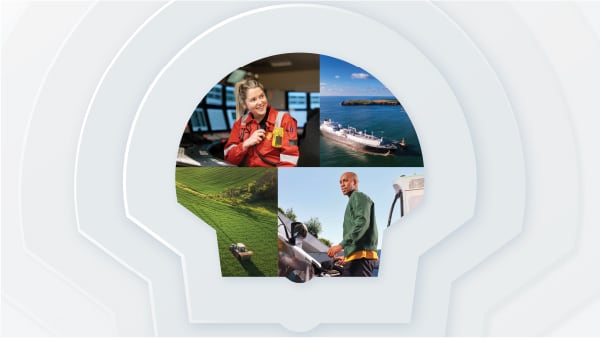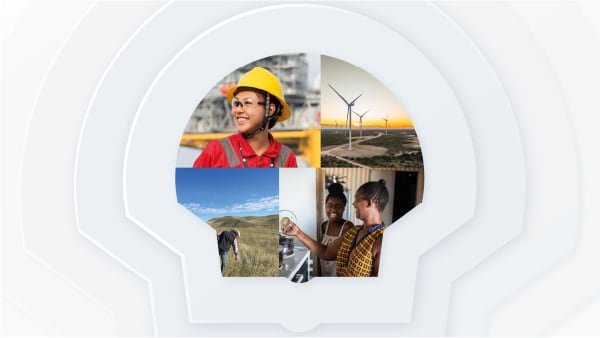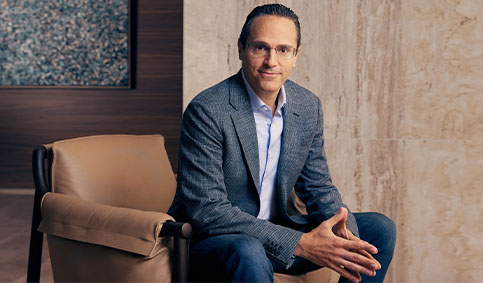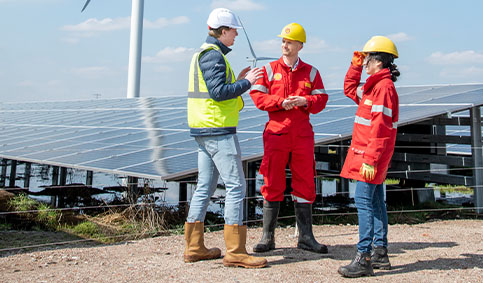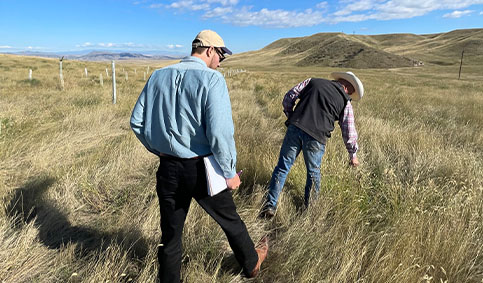Indigenous Peoples
Our activities can affect Indigenous Peoples who hold specific rights for the protection of their cultures, traditional ways of life and special connections to land and water. We seek the support and agreement of Indigenous Peoples potentially affected by our activities through dialogue, culturally appropriate grievance mechanisms and impact management processes.
Shell has a public position statement on Free Prior and Informed Consent (FPIC), a principle recognised in the UN Declaration on the Rights of Indigenous Peoples. It entails open dialogue, good-faith negotiations and, where appropriate, the development of agreements that address the needs of Indigenous Peoples.
For instance, in Peru, we are a partner in “Living Forests Forever”, a REDD+ [A] project that Shell is funding and that is operated by Aider, a non-governmental organisation. The project aims to conserve Amazonian forests through communal forest management and strengthen local businesses to improve the quality of life of local Indigenous Peoples. Key principles that guide the project are the demarcation of indigenous territories and the inclusion of the indigenous communities in the project management committee along with Shell and Aider.
[A] REDD+ is a framework created by the UNFCCC Conference of the Parties to guide activities that reduce emissions from deforestation and forest degradation.
In Canada, Shell’s Scotford Complex signed a Good Neighbour Agreement with its two closest indigenous communities, the Enoch Cree Nation and the Alexander First Nation. The agreement is a commitment to open doors, learn from one another, and build stronger commercial and cultural partnerships, including integrating First Nation businesses into Shell’s supply chain (see Local content).
Read more about our approach to Indigenous Peoples at www.shell.com/sustainability/communities/working-with-communities.

